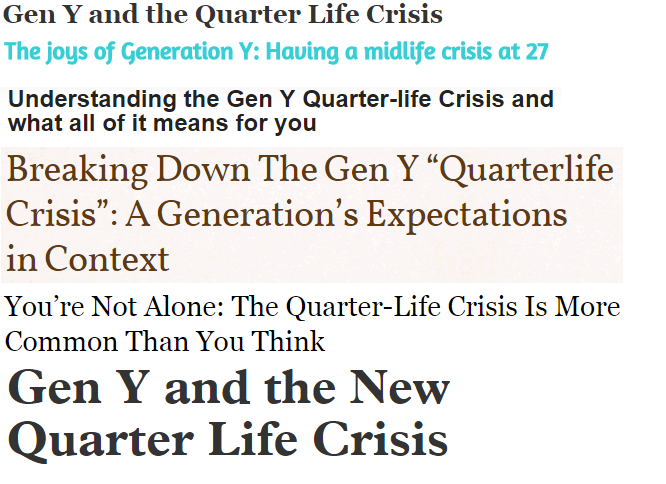Hi aska!
Been following your blog recently and just wanted to say that you’re really helpful!!!
I’m currently a senior in a BC highschool and it’s been my dream to come to ontario uni. My current dilemma is that I’m struggling about deciding between Architectural Studies at UT and Planning at Waterloo.
I received my acceptance for UT and I was completely floored that I got in. I began doing more research on UT itself and I love love love the campus. I accepted my offer literally the second I got my email. Now however, I’ve realized my short-sightedness. I don’t really know what Architectural Studies entails. LIKE ACTUALLY, WHAT IS IT. I’ve tried to scour the department website for more details but to no avail. Perhaps I haven’t looked hard enough, but it would really mean a a lot if you could help a gal out!!! I’m stressing out over my exams (darn IB) and the impeding deadline on May 1st.
And to continue this long winded story, I got an offer from for Planning at Waterloo around a month after UT. At first I didn’t really think much of it, but now I’m starting to really consider Waterloo. This is unbelievably frustrating to me because I picked out my residence (innis hola) and I felt like I had my life planned out at UT only to find myself immersed in doubt.
1. Is it possible to reject my offer after May 1st? Waterloo’s deadline is June 1 so could I possibly wait until then to decide? As I said before, I already accepted my offer for UT on ouac. Can I even change that…
2. Any info and tips you have about Architectural Studies? I’m not really in to physics and math but I’ve always loved architecture.
3. Do you happen to know what are? some jobs/ careers graduates from this program have? Do they continue and do a masters in architecture? Or go straight in to the workforce
It would really mean a lot to me if you could answer even one of these questions!!
Thanks aska!!!!!! ???? ???? ????
Sincerely,
a ponderous padawan
???????????????
hey there padawan,
thanks for saying i’m helpful! it’s always nice to hear. helps me feel?like less of a disappointment to my parents.
1. you can definitely cancel your acceptance to uoft on OUAC and then accept waterloo’s. you just have to make sure to cancel your acceptance?by the deadline stated in your acceptance package from uoft. easy-peasy.
2. i get the frustration that comes around not being able to figure out?WHAT THE H*CK something is before you actually start taking classes about it. obviously you can’t know exactly what it’ll be like before starting, but here are some leads:
i’m not in architecture and the daniels faculty is famous on askastudent for its vagueness, so i can’t give you too many concrete details. but the admission requirements don’t include?calculus or physics, and the supplementary oneidea application really emphasizes creativity in the visual arts. so i wouldn’t worry too much about not being a physics/math person.
if you want a bit more insight about architectural studies at uoft and what daniels does, it might be helpful to browse the research projects the faculty has going on right now. here’s one thing they’re doing, and here’s another?and another. also, here are two tumblrs of current daniels faculty students – i’ve never spoken with them before, but it doesn’t hurt to send them a (polite) ask about classes, how they like the program, etc.
finally, here is a page with past and current course timetables for the daniels faculty. browsing through courses might give you a better sense of what you’ll actually be doing once in school.
3. according to the royal architectural institute of canada, “the professional degree [for architecture] is only offered at the master’s level.” so if you’d like to actually?be an architect (i.e. work for a firm and design stuff), you do need the M.A. (or M.Arch.) in addition to?the B.A. (or B.Arch.). the B.A. on its own might prepare you for other urban planning or design opportunities.
as for what architects do once they’re out there in the working world, i can’t tell you much. all i know about architecture is what i inferred from the musical montage of joseph gordon-levitt in 500 days of summer – that is to say, not a lot. except i really want a chalkboard wall now.
here are some links where you can?learn more about the profession: bam bam bam and BAM.
ttfn and good luck making the right decision!
aska

